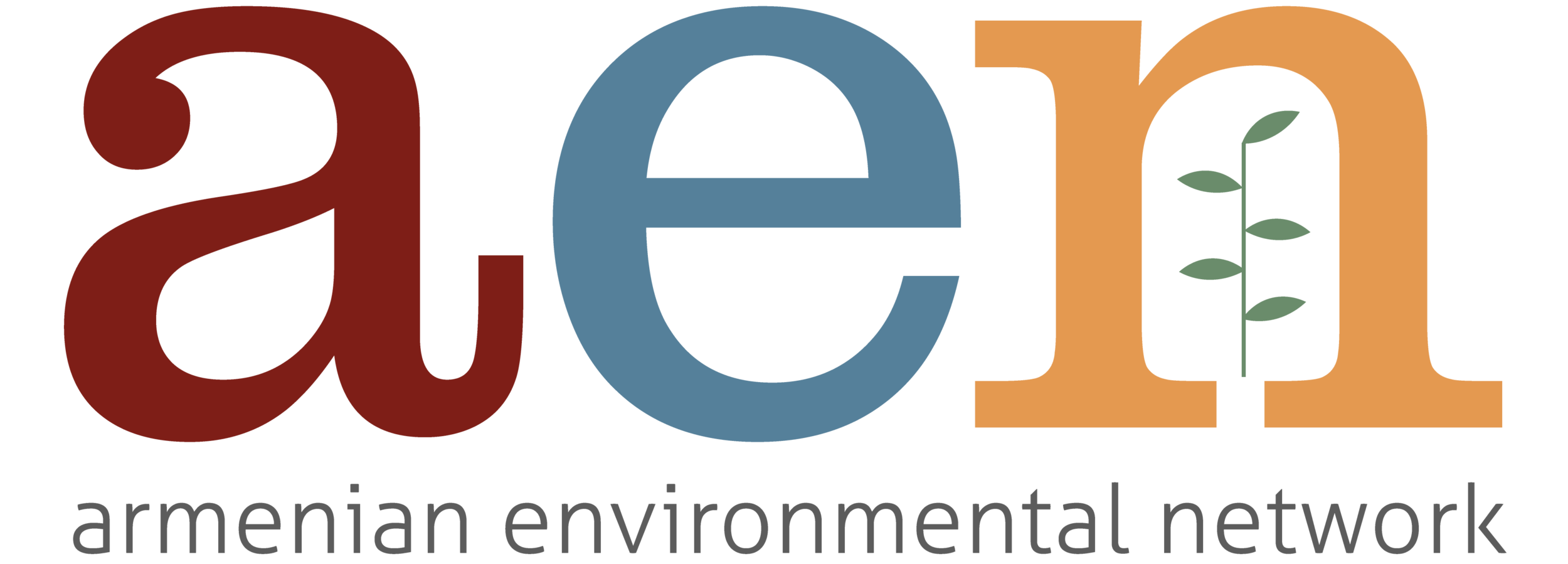Issues
Transparency
Institutional corruption goes beyond the typical scene with officials pulling cars over on the street and collecting “illegal tolls,” or bribes. Withholding information that is crucial to public health, intimidating people to not ask questions or take action on urgent environmental problems, and misallocation of public funds that could otherwise be used to improve environmentally related aspects of civil society, are all part of the larger democratic struggle against corruption. Media and transparency organizations are especially helpful in empowering local populations to stand up for their rights.
The liberties of a people never were, nor ever will be, secure, when the transactions of their rulers may be concealed from them. – Patrick Henry
A popular government, without popular information, or the means of acquiring it, is but a prologue to a farce or a tragedy; or, perhaps both. – James Madison
Government ought to be all outside and no inside. . . . Everybody knows that corruption thrives in secret places, and avoids public places, and we believe it a fair presumption that secrecy means impropriety. – Woodrow Wilson
Secrecy, being an instrument of conspiracy, ought never to be the system of a regular government. – Jeremy Bentham
Everything secret degenerates, even the administration of justice; nothing is safe that does not show it can bear discussion and publicity. – Lord Acton
“Transparency” is a hot topic these days. The word appears everywhere in development literature, and it is generally accepted that government must report to the public about its work. It is generally accepted that upon the foundation of transparency all other free institutions are built. The principle of “openness” has been around since the European Enlightenment ushered in a new age of democratic governments and institutions.
In Armenia, institutional corruption permeates every sector of civil society. Misallocation of public funds and lack of involvement of citizens in democratic struggle against corruption.
Transparency in Government
In 2003 the Freedom of Information Law was passed. It could provide a solid foundation for transparency in government, if adhered to and enforced. Reference Article 7 – Ensuring Information Access and Publicity. In general, it requires the government to provide timely information to the public. Specifically, Article 7, Paragraph 2 states,
Information holder urgently publicizes or via other accessible means informs the public about the information that he has, the publication of which can prevent dangers facing state and public security, public order, public health and morals, others’ rights and freedoms, environment,
person’s property.
Unfortunately, this has not been the case. A 2008 Training Needs Assessment was produced by the Freedom of Information Centre of Armenia and the Civil Service Council of the Republic of Armenia. The Organization for Security and Cooperation (OSCE) assisted in compiling data for the report. The assessment found that the “old ways”, that is the Soviet compunction for secrecy, are still prevalent in the current government. It further states that the “National Security Service, the Police, alongside the General Prosecutor’s Office and the Ministry of Defense, prove to be the least accessible to the public.”
The report also noted a lack of development in “e-governance”, or website development and maintenance for public use. Transparency International also conducted a study on the various websites of government ministries. While some ministries like Transport and Communication and Labor and Social Affairs received the best reviews, at best they were deemed below average in their “openness.” Other ministries such as the State Revenue Committee received abysmal ratings.
In a possible sign of progress, however, the government has launched a new site that posts public notifications on- line. It is an Armenian language only site.
Further reading:
PACE (Parliamentary Assembly – Council of Europe) issued two fairly recent reports on the overall state of democratic institutions in Armenia. The first deals with the 2008 Presidential Election.
The second is from 2009 and laments the abuse of the emergency powers in preventing the legal assembly of its citizens.
Freedom of press is another area of concern where progress is slow and often illusory. The Yerevan Press Club produced an evaluation of the governments “flawed” broadcast licensing procedure. The report is called“On Freedom of Speech in Armenia”.
An additional report on freedom of speech and press was produced by the Committee to Protect Freedom of Expression.
The overall theme of progress toward a civil society with viable democratic and transparent institutions is one of “stagnation” and middling improvements. Again, Transparency International conducted a study that rates Armenia’s “Corruption Perceptions Index”. The report claims that Armenia is getting neither better nor worse in its corruption.
Transparency International ‘s findings are supported by a May 25, 2011 Report from the European Commission High Representative of the European Union for Foreign Affairs and Security Policy. Of particular relevance to this discussion is Section 2 – Political Dialogue and Reform.
Transparency in Environment
Meaningful environmental work will ultimately depend on public participation in decision making for Armenia’s unique and endangered natural resources. Armenia is a signatory to the 1998 Aarhus Convention, which mandates public access to environmental information. The link provides a concise explanation of the development and evolution of the Convention.
Click for the full text.
As a signatory, Armenia agrees to abide by the Convention, which essentially links environmental protection to human rights, governmental accountability to environmental protection as well as public input to government officials. Unfortunately, according to Transparency International, the Armenian government has neglected to honor its commitments and signature.
If you know of an organization or report that should be listed here and is not, please Contact Us with a brief explanation of its relevance and an active URL for the organization or report
To view a broader list of active environmental organizations, see Our Partners page.
For reports and other publications relevant to this topic, see our Publications page.
